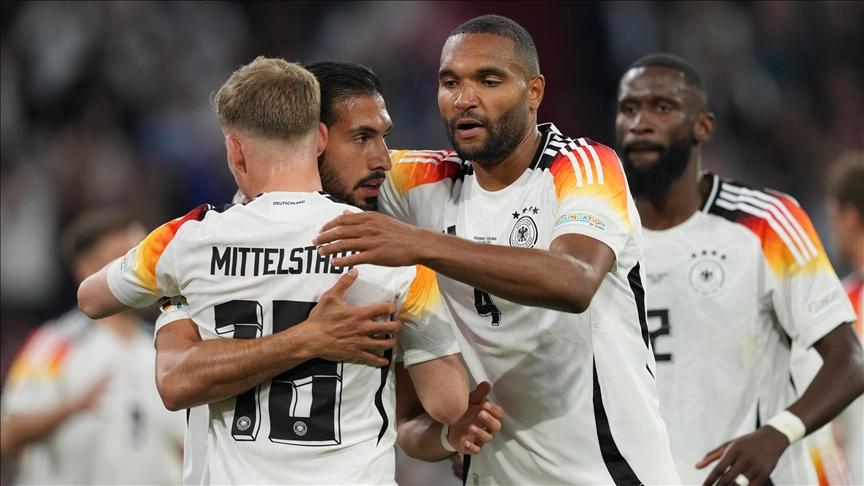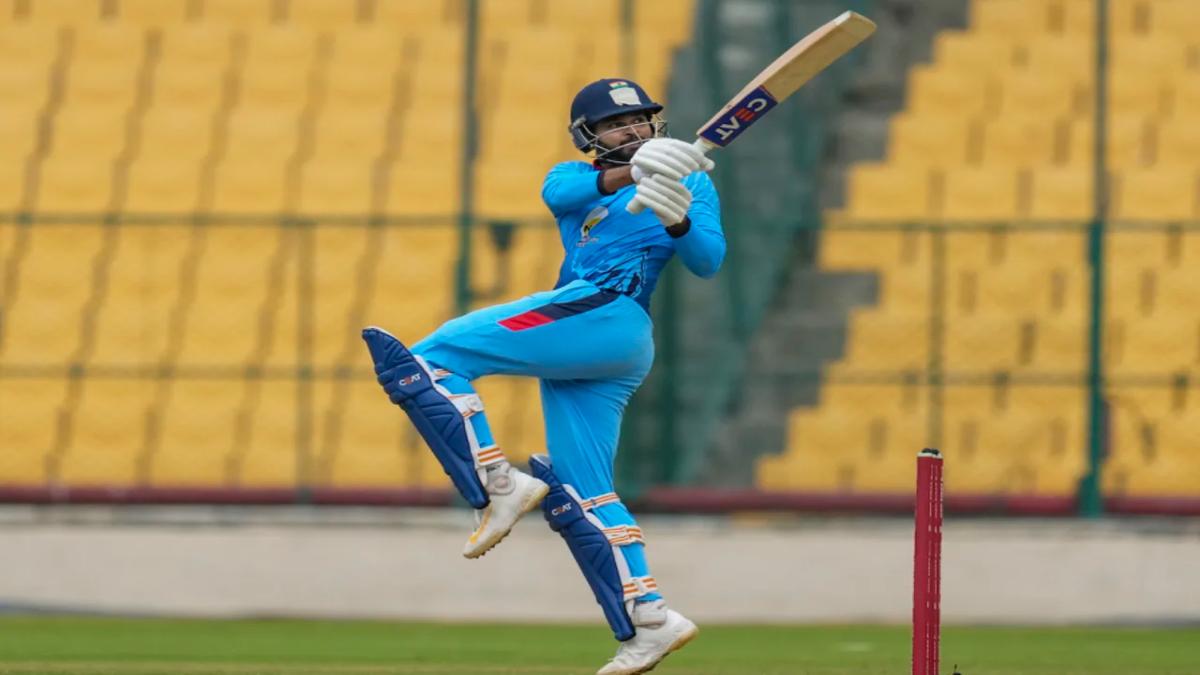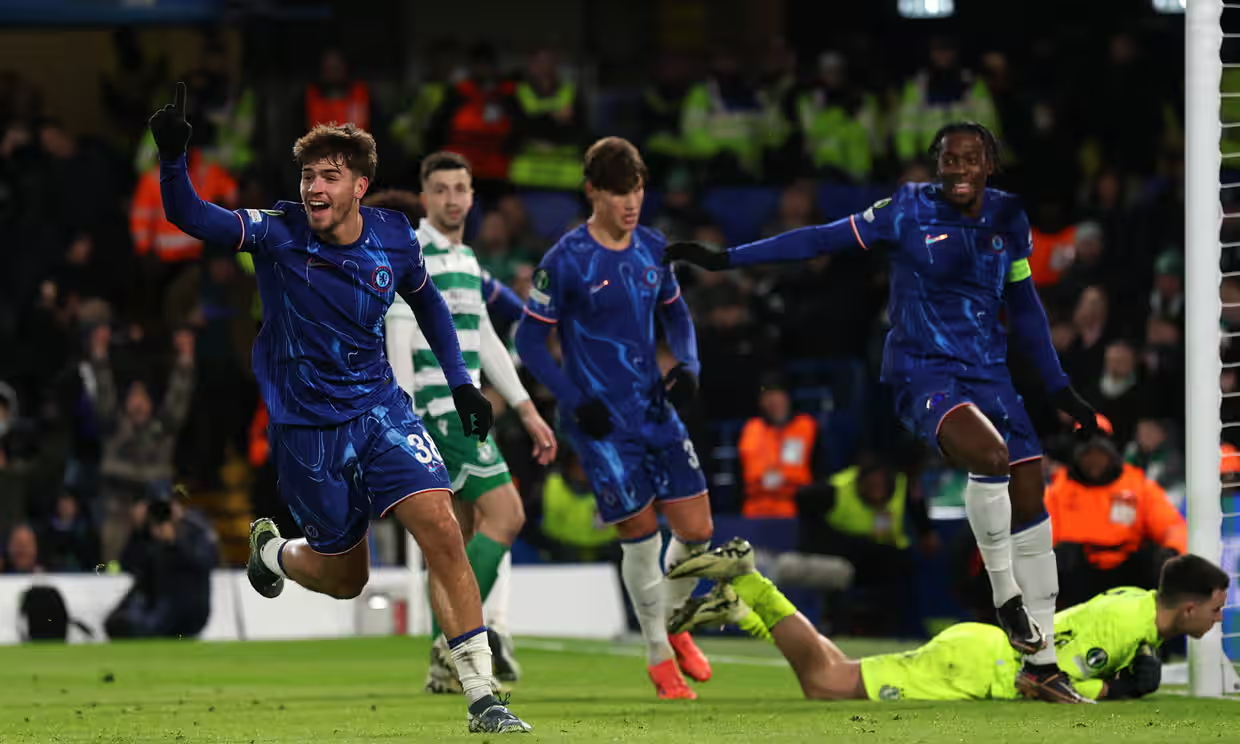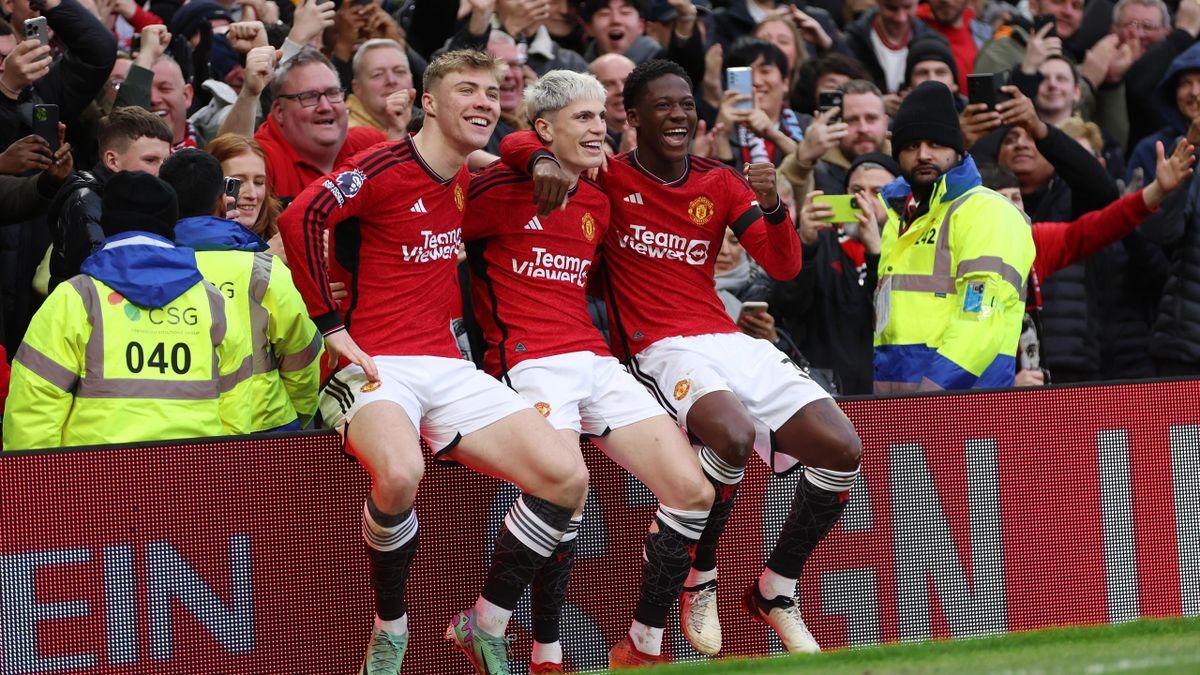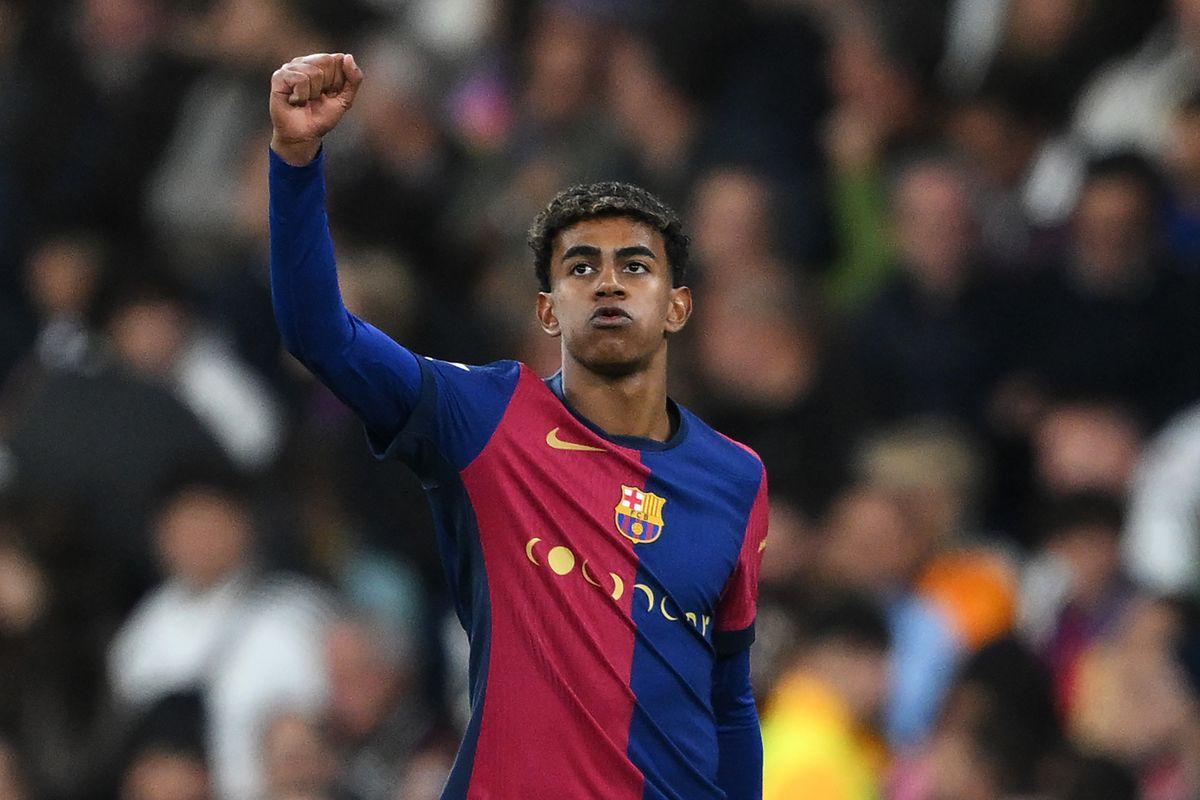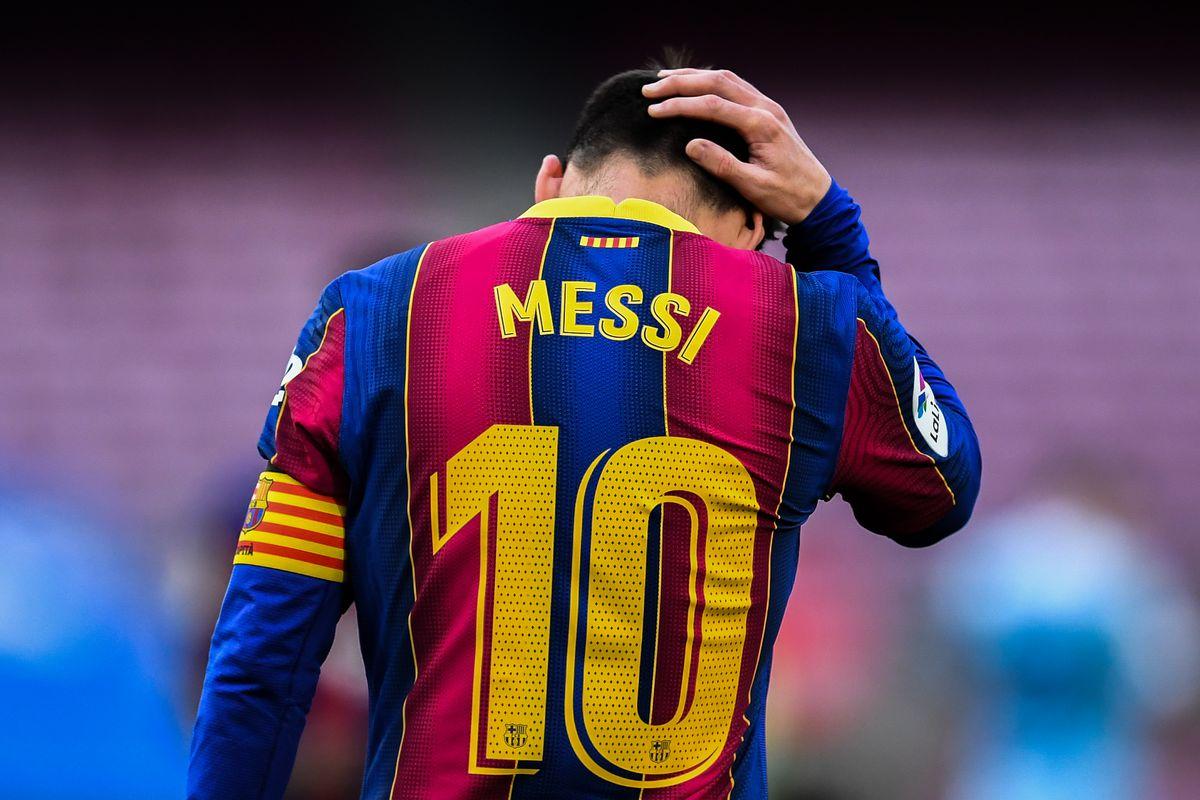(Football news) The men of Julian Nagelsmann won Group A and advanced easily to the knockout stages, while the Scandinavian teams finished second in a very forgettable Group C.
Germany had already confirmed their spot in the knockout round with just two games played, shattering the memories of their last two World Cup campaigns, which both ended prematurely in the group stages. They had done this by scoring seven goals in a single game against Scotland and Hungary.
Die Mannschaft would have advanced as group winners if they had only avoided losing to Switzerland on the last matchday, but Dan Ndoye’s first goal put Nagelsmann’s team in danger of being suddenly dropped to the runners-up position.
However, on an evening of dramatic late goals in Group A, Niclas Fullkrug – who takes to home turf this weekend – popped up with an injury-time leveller to just about ensure Germany’s status as group winners, thereby avoiding a last-16 battle with reigning champions Italy.
In a peculiar turn of events, though, Switzerland are arguably now on the easier side of the knockout draw, as Germany have been grouped with fellow heavyweights Spain, France, Portugal and Belgium as their reward for winning the group and reaching the last 16 for the fifth time in a row.
A quarter-final clash with either Spain or the unfancied Georgia will await if Germany can do the business against Denmark, and they arrive at Borussia Dortmund’s headquarters still unbeaten from their seven matches in the calendar year, prevailing in five and playing out two draws.
Speaking of one-point affairs, Group C was one for the stalemate specialists in England, Slovenia, Serbia and Denmark, all of whom contributed to the joint lowest-scoring men’s Euros group in history with just seven goals scored across six games.
Upcoming foes Germany were coincidentally involved in the only previous seven-goal section in 2016, and despite not winning any of their games in the group, Denmark’s three draws with their three foes was enough for Kasper Hjulmand’s side to clinch the silver medal position.
The Danes were responsible for just two of the seven strikes in Group C – although Morten Hjulmand’s rocket versus England will certainly go down as a goal-of-the-tournament contender – and they have now qualified for the knockout stages of back-to-back Euros for the first time ever.
Hjulmand will be under no illusions that improvements are required quickly if his troops are to stand a chance of shocking the tournament hosts, but they coincidentally share Germany’s seven-match unbeaten run in 2024 and have just one loss under their belts from their last 15 contests.
However, Germany emerged triumphant over Denmark during their last competitive showdown at the 2012 European Championships – prevailing 2-1 in the group phase thanks to Lukasz Podolski and Lars Bender – but both friendly encounters since have ended 1-1.
Also read: Euro qualified teams and who will play who? All about it


